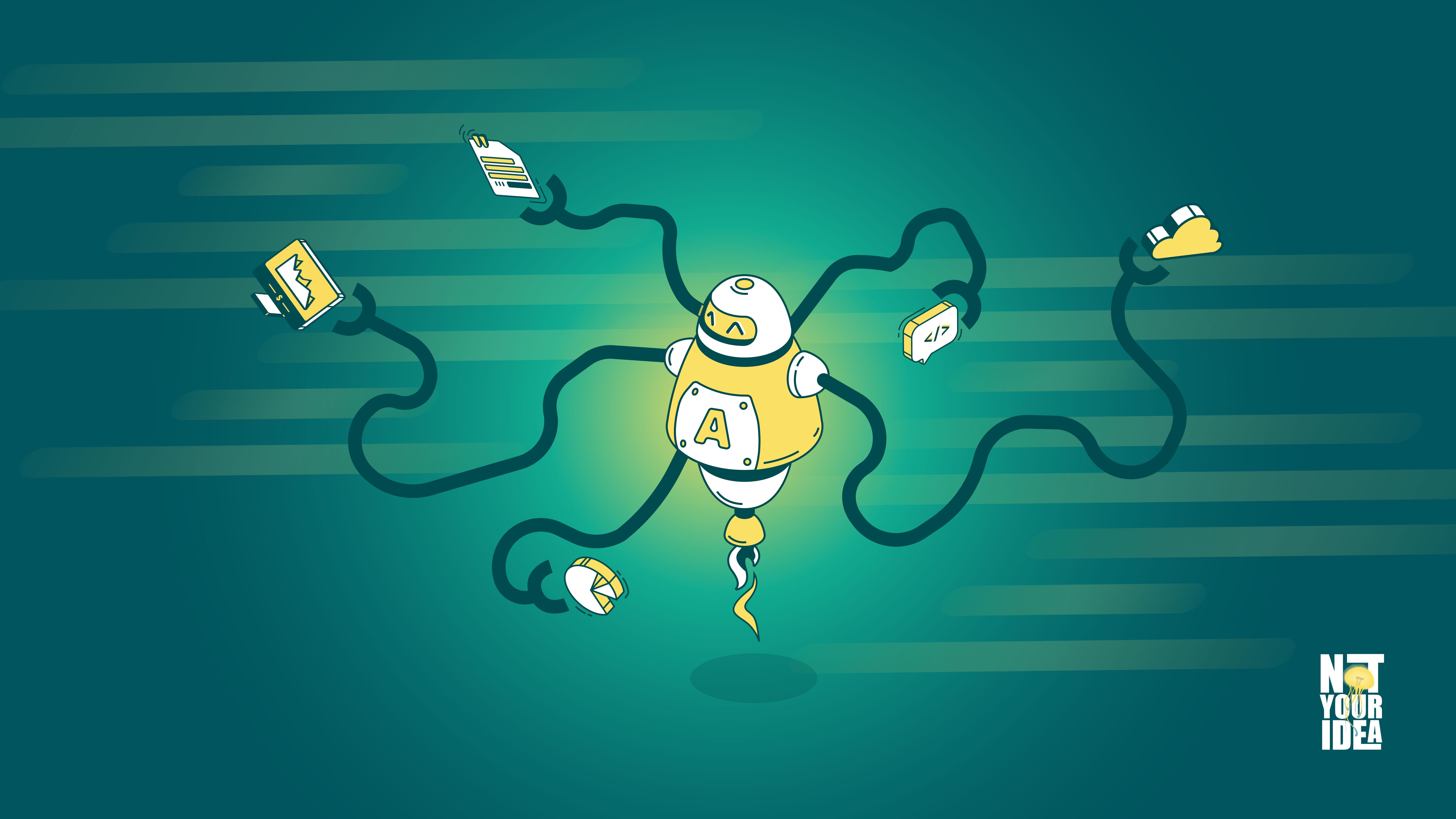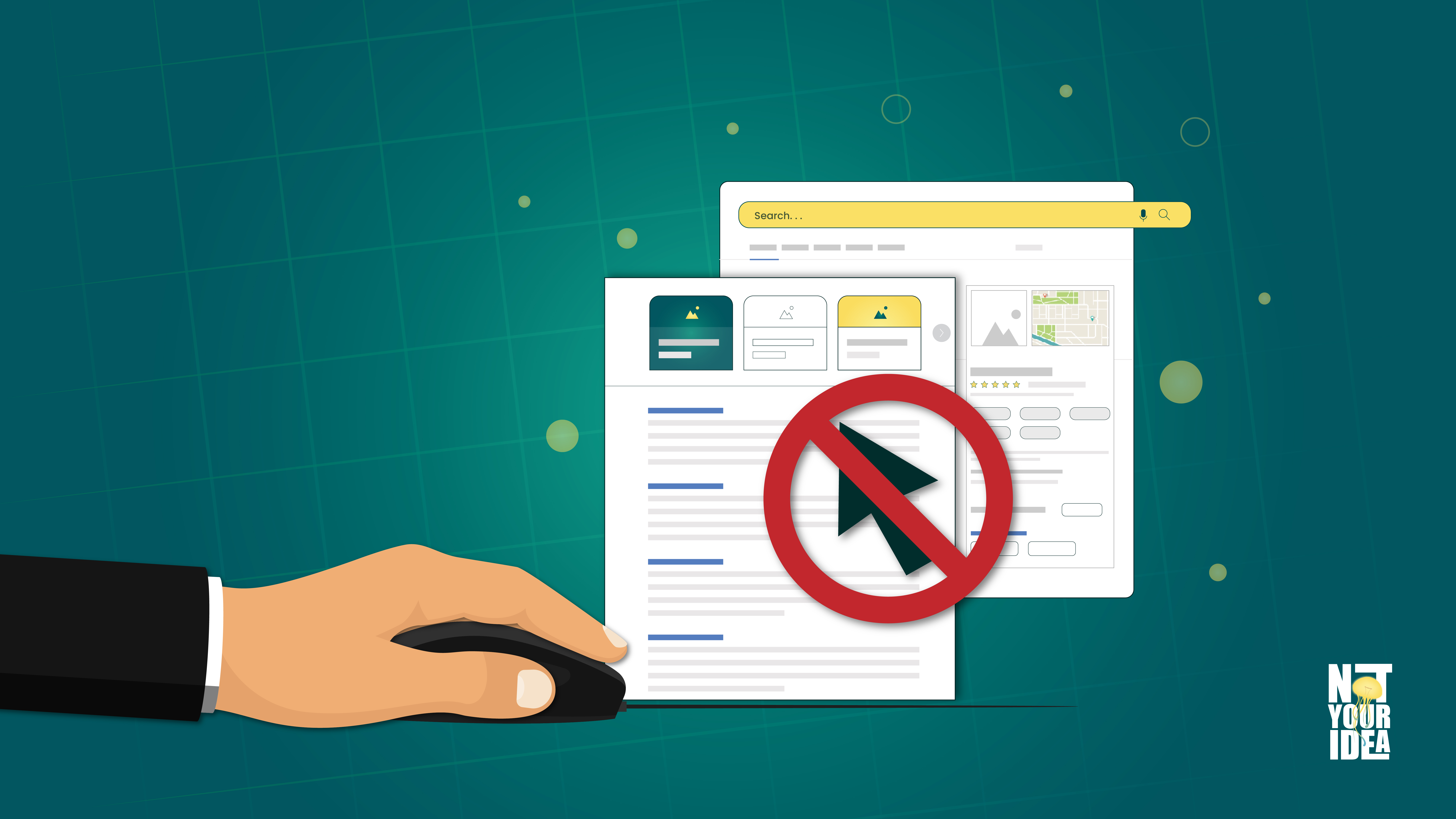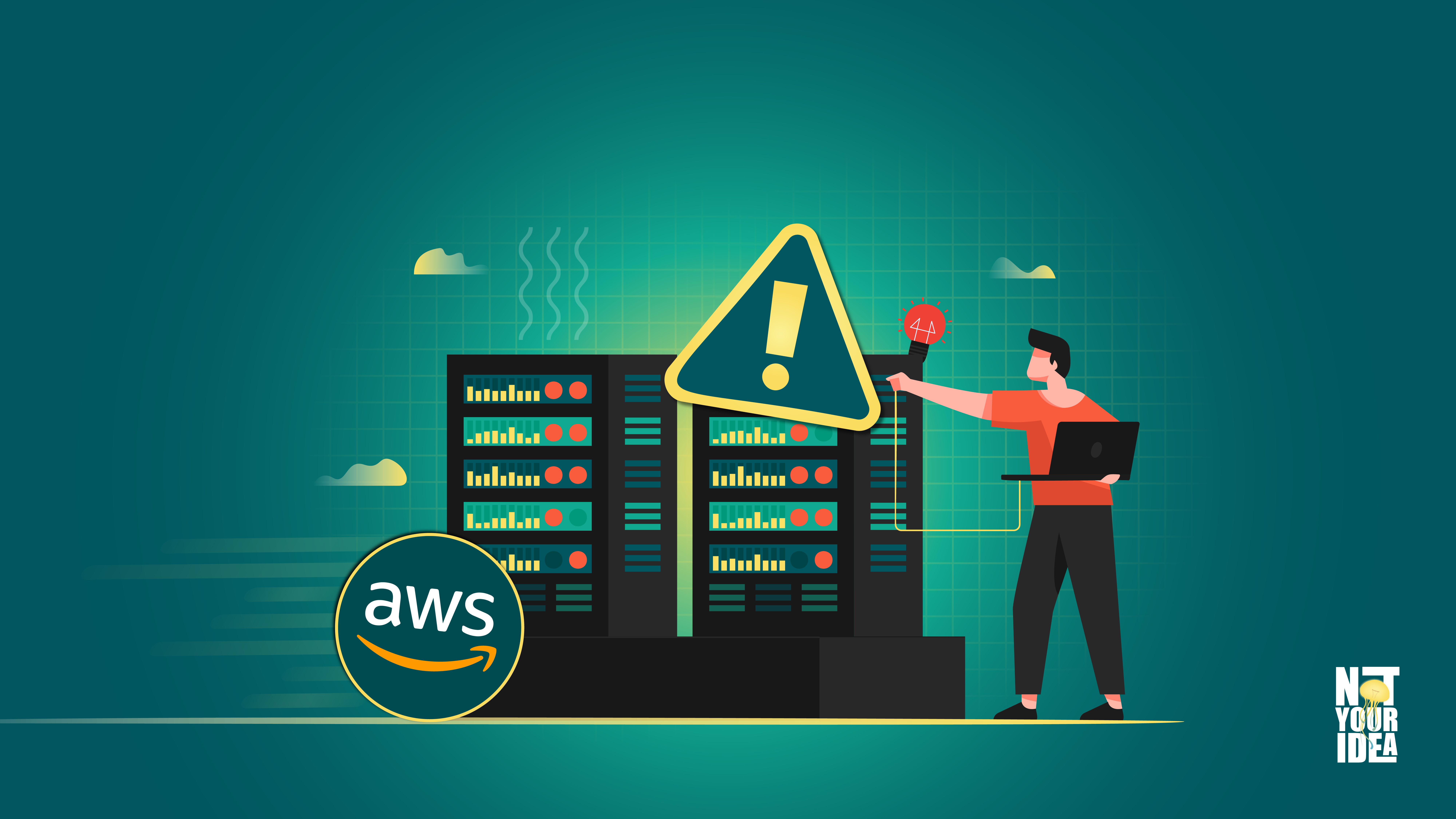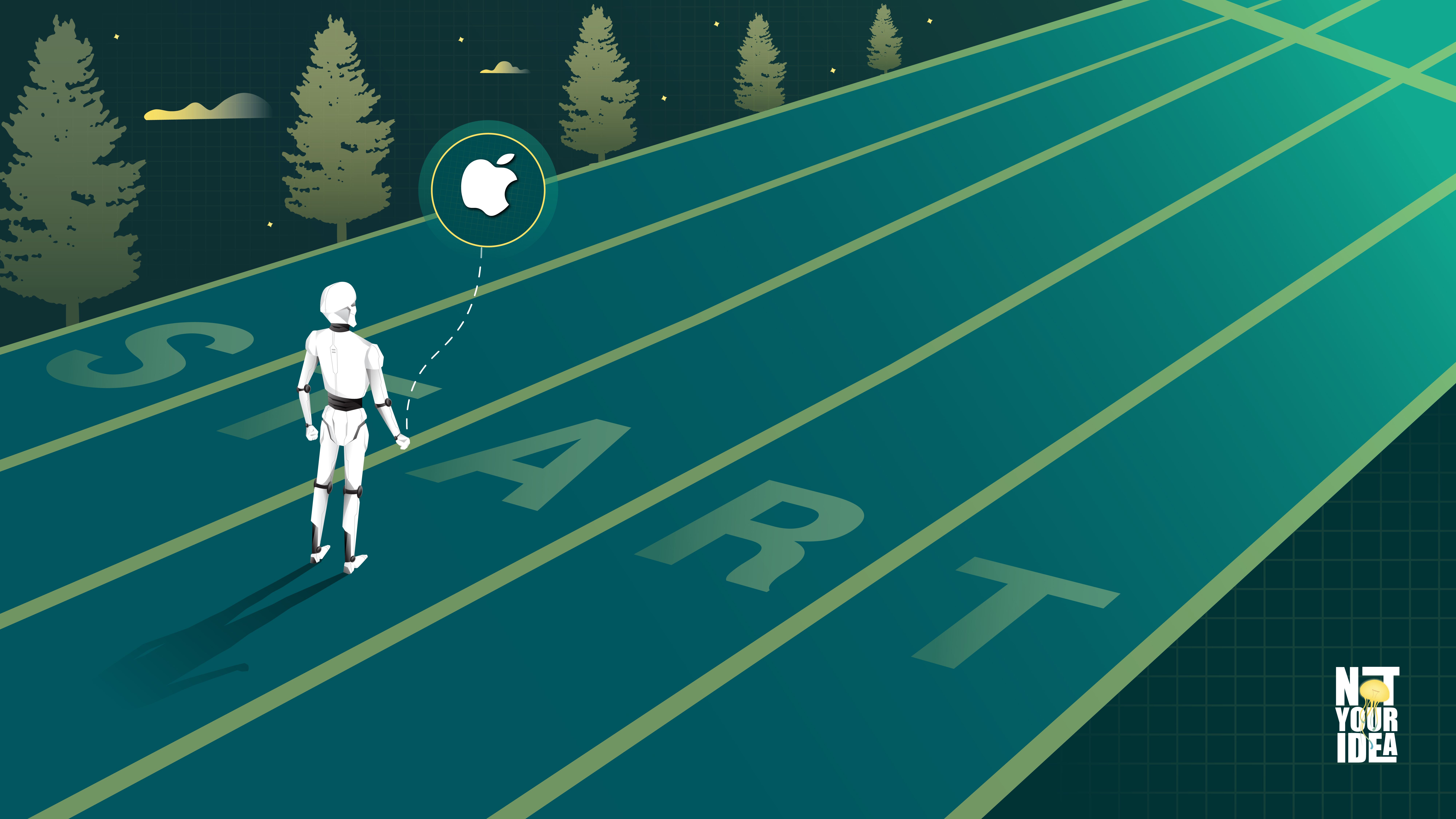The world of AI is changing at rapid speed, and if you thought generative AI was groundbreaking, be ready for the next wave: agentic AI. While tech leaders and marketers have navigated generative AI, a new paradigm is emerging that promises to alter how we interact with artificial intelligence systems.
Agentic AI - What’s That?
Agentic AI refers to systems with the ability to behave independently, make decisions, and take the initiative to complete tasks without constant human intervention. These systems can perceive their surroundings, reason about complex situations, create strategies, and carry out multi-step tasks to attain specific goals.
Think of agentic AI as your most competent digital aide, but one that goes beyond mere adherence to command. Rather, it actively finds solutions, suggests options, and can perform complex operations from start to finish. Such systems marry sophisticated reasoning ability with the ability to interact with a range of tools, platforms, and environments to get the job done.
The most notable characteristic of agentic AI is goal-directed behavior. Reactive AI systems are the norm, reacting to input with output; agentic AI is proactive. It can maintain context over time, adjust its methods to evolving conditions, and work towards long-term goals despite encountering unexpected impediments.
What Makes It Different from Generative AI?
Understanding the distinction between generative AI and agentic AI is crucial for technology leaders planning their AI strategy. While both represent significant advances in artificial intelligence, they serve fundamentally different purposes and operate in distinct ways.
Generative AI | Agentic AI |
Generative AI excels at creating content based on human prompts. | Agentic AI autonomously executes tasks, breaking down high-level goals into actionable steps. |
It is reactive, meaning it waits for human input and then generates an output. | It’s proactive, identifying and taking the necessary actions without needing constant input. |
The interaction ends after generating a response to the prompt. | It maintains context across multiple interactions, building on previous tasks to continue progressing. |
It doesn’t adapt itself but requires human guidance to adjust or revise its output. | It adapts its strategy if initial approaches don’t work and can revise methods to improve results. |
Each task is standalone and doesn’t carry forward from previous interactions. | It works on tasks over extended periods, maintaining continuity and tracking progress across sessions. |
It does not identify gaps or needs on its own and waits for direction. | It can recognize when additional information or tools are needed and proactively acquire them. |
It typically operates in isolation, generating content without interacting with other systems. | It can integrate with multiple systems, browse the web, and utilize APIs to gather information and complete tasks. |
In marketing, generative AI helps with content creation, such as blog posts or code snippets. | In marketing, agentic AI manages entire campaigns, including research, strategy development, content creation, distribution, and performance analysis. |
Practical Applications of Agentic AI
The true potential of agentic AI emerges when we look at how it can be applied to create advanced tools that revolutionize business processes. Such applications extend well beyond mere automation, providing smart solutions that can learn and grow.
Customer Service Revolution
Envision having an agentic AI solution that not only responds to customer questions but also takes initiative to solve intricate problems. An AI agent might read through a customer's history, understand the core issue of their problem, communicate with various departments, monitor progress toward resolution, and follow up to verify satisfaction, all while learning from every interaction to enhance responses in the future.
Smart Market Research
For marketers, agentic AI has the ability to carry out in-depth market research by independently collecting information from various sources, recognizing trends, analyzing the actions of competitors, and generating actionable insights. The system can constantly track market conditions and warn teams about developing opportunities or risks without direct human involvement.
Dynamic Content Strategy
Instead of simply creating isolated chunks of content, agentic AI can create and implement end-to-end content strategies. It might scan audience engagement patterns, spot content gaps, produce optimized content across various platforms, and pivot the strategy based on performance metrics—all with brand consistency and voice preserved.
Automated Business Intelligence
Agentic AI systems may act as smart business analysts, constantly tracking key performance indicators, detecting anomalies, probing root causes, and creating in-depth reports with salient recommendations. They may even execute approved modifications for maximizing performance in real-time.
Smart Project Management
These systems may serve as AI project managers, managing team activities and resources, spotting possible bottlenecks, and altering timelines according to shifting priorities. They can manage team member communication, deliverables against quality objectives, and keep stakeholders engaged during the project life cycle.
What's New With Agentic AI? Google's Latest Breakthrough
Google's I/O 2025 convention was a turning point in the development of agentic AI, with several milestone announcements highlighting the technology's coming-of-age acceptance into the mainstream.
Project Mariner: The Web-browsing AI Agent
Google's biggest news was the broad release of Project Mariner, an experimental AI agent that can browse and behave on websites automatically, powered by the Gemini 2.0 model and designed to accomplish hard, multi-step work. This represents a big change in how AI systems interact with the digital world.
Project Mariner is able to reason and understand information on browser screens, including graphical stuff and web interfaces. The system is able to use a resume to recognize personalized job listings, search email inboxes for new orders, and perform multi-step reasoning to automate routine activity. AI systems could not do this amount of independent web activity before.
Agent Mode and Deep Research
Gemini users can now perform tasks while web surfing using an “Agent Mode” based on Mariner, and Google has improved Deep Research to enable people to upload private PDF documents and images to go in-depth into research reports. These features represent a paradigm shift where AI actively digests and synthesizes information from various sources, as opposed to answering questions.
Developer-Friendly Deployment
Google has simplified AI app deployment with Cloud Run, through which developers can deploy apps designed in Google AI Studio directly onto Cloud Run using a single click. As agentic AI deployment is democratized further, more businesses will be able to rapidly integrate these features into prevailing workflows.
The implications of Google's disclosures extend way beyond search and surfing. The company accounts for these developments as being in the next frontier for AI businesses: “agentic” uses, where you could hire an AI program to collect data and perform chores over time.
Recent announcements from I/O 2025 and Google's Project Mariner reveal just how rapidly this technology is moving from experimental to viable corporate solutions. IT leaders and marketing directors' challenge is not whether agentic AI will upend operations, but how quickly they can adjust their strategy to capture this game-changing potential.
FAQs
Is ChatGPT an Agentic AI?
No, ChatGPT is not an agentic AI. It is a generative AI that responds to prompts with predefined patterns based on the input it receives, but it does not perform actions autonomously or make decisions beyond responding to user input.
What Are Agentic AI Companies?
Agentic AI companies develop systems that can autonomously perform tasks, make decisions, and execute actions based on high-level goals. These AI systems can maintain context and complete multi-step processes without continuous human input.
What is the Difference Between a Chatbot and Agentic AI?
A chatbot is a conversational AI that responds to user inputs but lacks autonomy in decision-making or task execution. In contrast, agentic AI can take high-level goals, break them into actionable steps, and perform tasks autonomously without constant human guidance.
Does Tesla Use Agentic AI?
Yes, Tesla’s Autopilot and Full Self-Driving (FSD) technology are a good example of agentic AI.
Who is Leading in Agentic AI?
Atera is a leading IT management company that is leading in Agentic AI followed by Microsoft and OpenAI.



